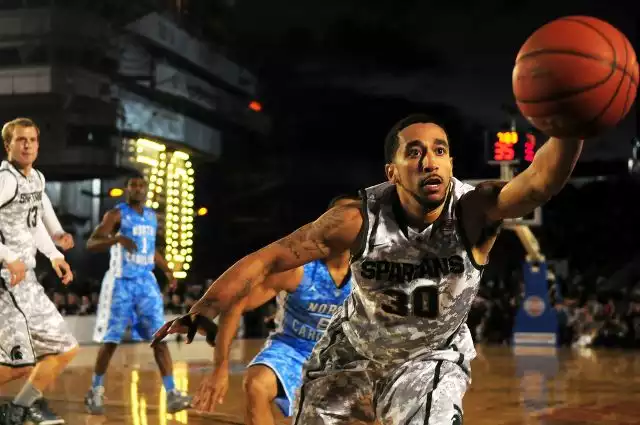U.S. Appeals Court Introduces College Athlete Employee Test

The question presented to the court was whether college athletes, because of their purported amateur status, are barred from bringing a claim under the Fair Labor Standards Act (FLSA).
The problem sprung from a 2019 problem brought by athletes at numerous Department I schools affirming violations of the FLSA and state wage laws, arguing that they were qualified to base pay payment. The institutions and the NCAA relocated to disregard the grievance under Rule 12( b)( 6 ), asserting that the professional athletes are not and have actually never been thought about workers because of their “amateur” standing. The area court denied the activity and the defendants appealed.
The inquiry presented to the court was whether college athletes, because of their supposed amateur status, are prevented from bringing a claim under the Fair Labor Specification Act (FLSA). The court held that they can not be forbidden from doing so.
The examination eventually laid out by the appellate court holds that “university professional athletes might be staff members under the FLSA when they (a) perform services for one more party, (b) ‘always and mainly for the [various other event’s] benefit,’ (c) under that celebration’s control or right of control, and (d) in return for ‘reveal’ or ‘indicated’ payment or ‘in-kind advantages.'” (citations left out). Continuing, “ultimately, the touchstone stays whether the cumulative situations of the relationship between the athlete and university or NCAA reveal an economic truth that is that of an employee-employer.”
In this first of a two-part collection, mediator and moderator Barry Winograd takes a look at the Supreme Court’s recent decision in Bissonnette v. LePage Bakeries and its effect on the analysis of the transportation employee exemption under Area 1 of the Federal Mediation Act (FAA).
The U.S. Court of Appeals for the Third Circuit today presented a brand-new test to establish whether university athletes are considered workers of their schools, entitling them to payment. Some quotes suggest that university professional athletes generate concerning $3 billion in earnings annually for their colleges, seminars, and the National Collegiate Athletic Organization (NCAA). Pupils, nonetheless, are banned from receiving wages for their sports engagement.
The appellate court, however, kept in mind that the facts in Glatt were not adequately similar to the truths in play with the university athletes. Interns can anticipate vocational or academic benefits not always expected from all kinds of employment, while the intended educational and vocational advantages the offender colleges and the NCAA said as alternate settlement to university professional athletes (boosted discipline and job values, improved calculated thinking and time monitoring, management, goal setting, and functioning collaboratively) coincide kinds of abilities one would normally obtain in a workplace, said the court. Additionally, the court noted that interscholastic athletics are none component of a scholastic educational program the method teaching fellowship training could be. In particular, the university professional athlete complainants said that their athletics really impede their education and learning, partially, because college programs typically contravene their athletic commitments, occasionally even stopping them from meeting the needs for sure majors.
The appellate court, nonetheless, kept in mind that the facts in Glatt were not sufficiently similar to the truths in play with the university professional athletes. Interns can anticipate professional or academic advantages not always expected from all types of employment, while the supposed instructional and employment benefits the accused schools and the NCAA suggested as alternate settlement to university professional athletes (increased discipline and job principles, boosted strategic thinking and time management, management, objective setting, and functioning collaboratively) are the same kinds of abilities one would normally get in a work setting, said the court.
The U.S. Court of Appeals for the Third Circuit today presented a new examination to figure out whether college professional athletes are taken into consideration employees of their schools, entitling them to payment. The district court, after evaluating the 7 Glatt variables and thinking about the “financial reality” of the partnership by evaluating whether the NCAA and the institutions or the athletes were the key beneficiaries of the partnership, discovered that the professional athletes had actually plausibly pleaded that they may be employees.
The appellate court, verifying in part yet disagreing with the examination applied by the area court, left and remanded the case. It ruled that the reduced court erred in using the test from Glatt v. Fox Searchlight Pictures, Inc., 811 F. 3d 528 (2d Cir. 2016), a situation that took care of unsettled trainees and the FLSA. The district court, after considering the seven Glatt variables and considering the “financial reality” of the relationship by reviewing whether the NCAA and the institutions or the athletes were the key recipients of the partnership, found that the professional athletes had plausibly begged that they might be staff members.
1 professional athletes2 university professional
3 university professional athletes
« US allies grapple with J.D. VanceECB leaves rates unchanged, keeps door open to September cut »
